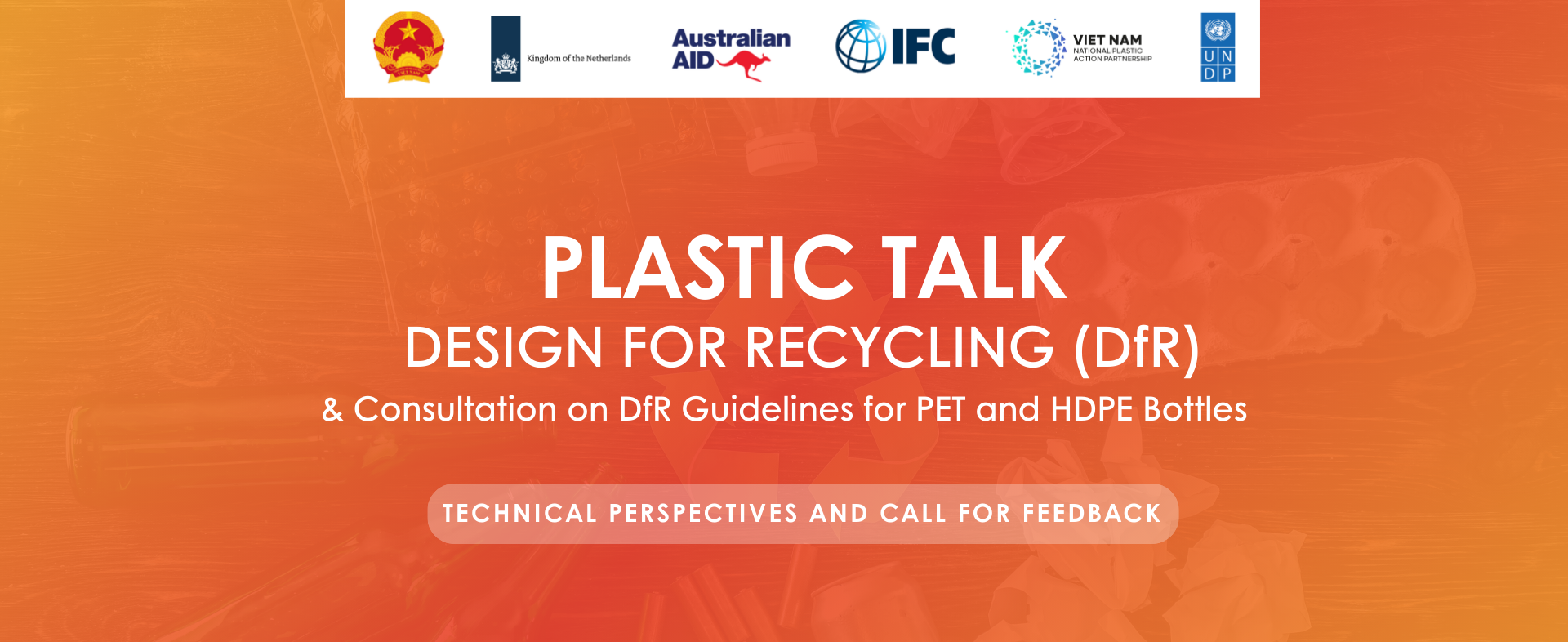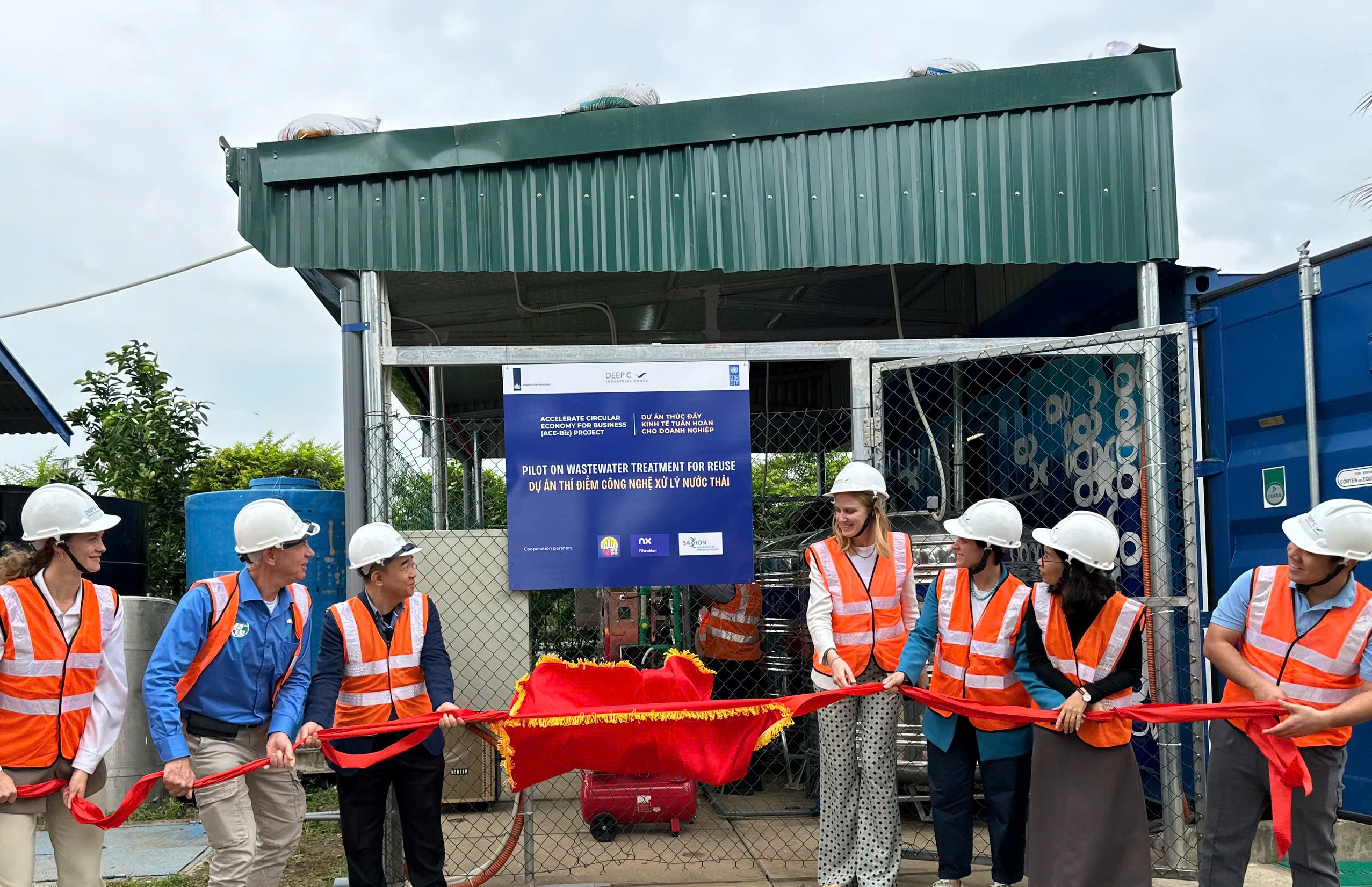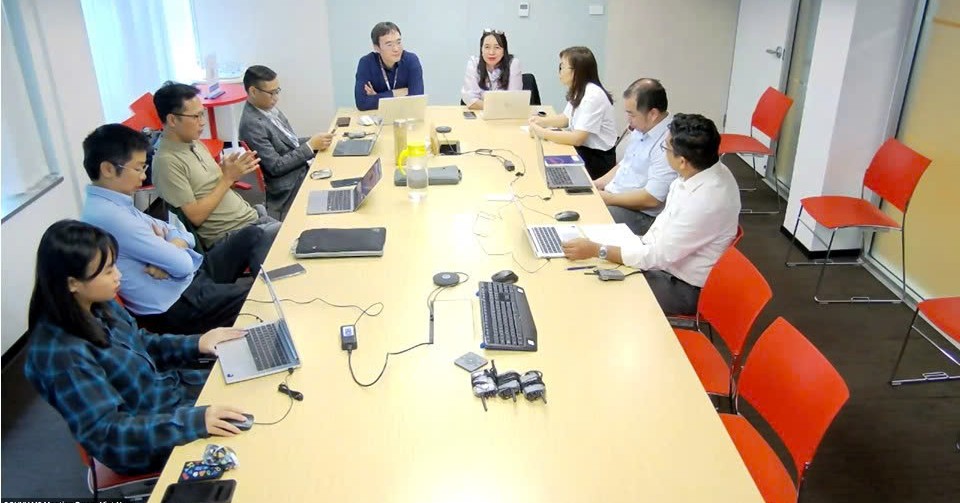The Ministry of Planning and Investment is currently developing a decree outlining a pilot mechanism for circular economy development in Vietnam, which is expected to be submitted to the government for approval in the second quarter of 2023. The proposed mechanism follows the approval of the Project on Development of a Circular Economy in Vietnam by the Prime Minister. The Ministry is currently seeking feedback on the draft outline of the Decree and the outline of the policy impact assessment report.
In recent years, many countries have shown a growing interest in the circular economy model, which has gained even more attention due to the COVID-19 pandemic. The concept of circular economics is seen as an important direction for achieving sustainable development, increasing the level of independence and autonomy of the economy, and improving the resilience of supply chains.

A circular economy model (Source: Certification Europe)
Vietnam faces several challenges, such as resource depletion, environmental pollution, and climate change, which have become increasingly complex as the country continues its population growth and urbanization process. The slow industrialization process from the traditional linear economic approach has led to serious consequences such as resource supply shortages, large amounts of waste, environmental and water insecurity.
To address these challenges and promote the development of a knowledge economy in Vietnam, the Ministry of Planning and Investment proactively conducted foundation research and consulted with pundits and investors in the field and submitted to the government a report on a scheme towards a circular economy in 2021. On that basis, the Prime Minister approved the project through Decision No. 687/QD-TTg. The goal of the project is to promote economic restructuring towards modernity, improve competitiveness, and enable proactive adaptation to external shocks.
The draft Decree outlines a pilot mechanism for the development of the local economy, creating favorable conditions for investors and businesses to test their ideas and contribute to the green transition and recovery in Vietnam. The proposed mechanism includes seven policy contents such as industrial and economic zone policies, green classification, tax incentives, technology consulting and transfer, green credit and bond policies, labor training, and land policies.
Developing a Decree with a pilot mechanism is a vital task for creating a more vibrant policy framework for the development of the market economy. This task will require more impetus to promote a green recovery and contribute to the implementation of the Sustainable Development Goals. The Ministry of Planning and Investment will assume prime responsibility for this task and submit it to the Government in the second quarter of 2023.
Source: VTV
















